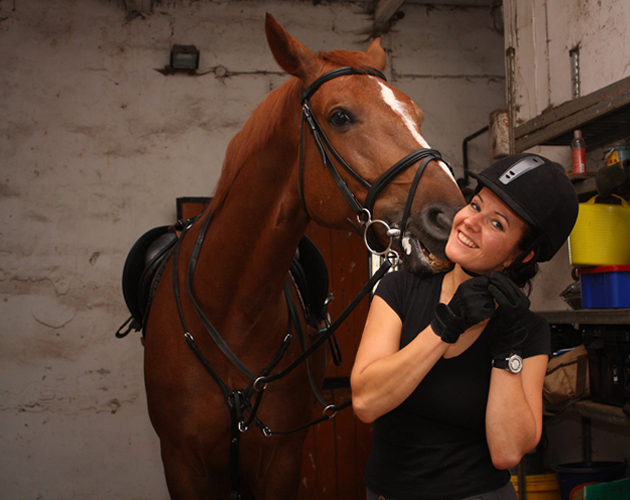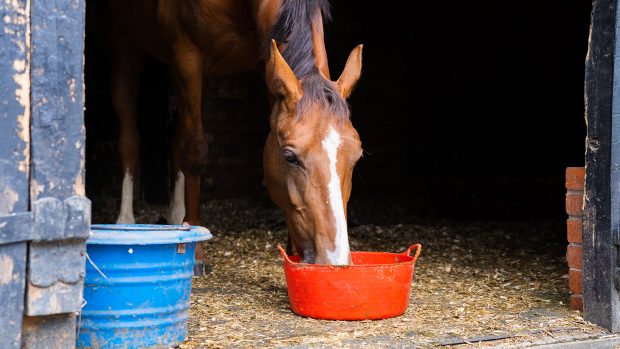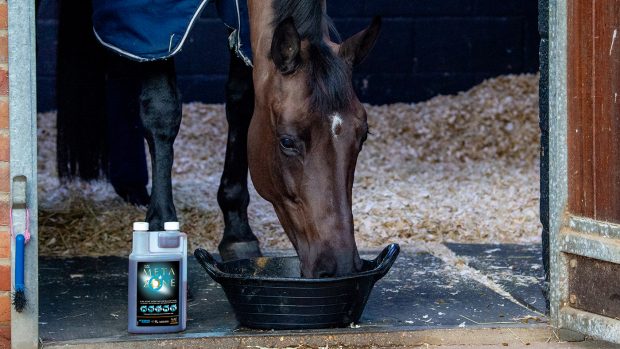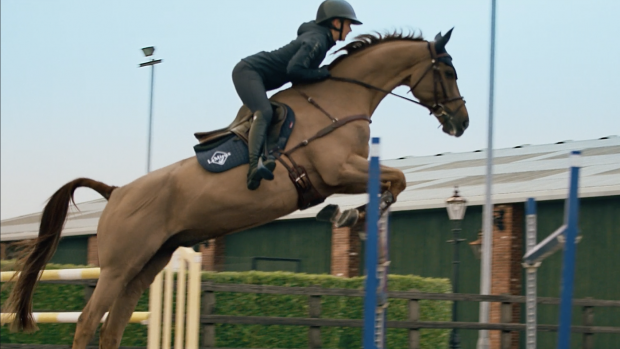Advertisement Feature
 It can be difficult to put into words just what your horse means to you, whether as a pet, a competitor or an important part of your equibusiness.
It can be difficult to put into words just what your horse means to you, whether as a pet, a competitor or an important part of your equibusiness.
Certainly anyone who hasn’t owned a horse or worked closely with them is unlikely to ever properly comprehend that bond, or understand the day-to-day experience of living and working with horses.
It is for this reason that instructing a solicitor with hands-on experience of working with horses can be a huge in matters of equine and veterinarian law.
Consider the example of public liability personal injury claims, whether to rider, groom or the general public. Here it is difficult to see how anyone can effectively advise an injured person without a detailed knowledge of different breeds of horses and their behaviour. How else could you form an appropriate view on the implications of this passage in the Animals Act 1971?
“the likelihood of the damage or of its being severe was due to characteristics of the animal which are not normally found in animals of the same species or are not normally so found except at particular times or in particular circumstances.”
A similar level of understanding is essential in cases concerning employer’s liability. Here it is also important to know whether the conduct of the claimant was such that it may attract criticism from the defendant’s solicitor– such as the failure to wear appropriate footwear in cases of broken toes or metatarsals.
In a sales dispute, such as that concerning a horse sold as a competition showjumper where it is alleged that the vendor had knowledge of a prior diagnosis of Dorsal Spinous Process (DSP) impingement (commonly known as ‘kissing spine disease’), a knowledge of the specific physical requirements placed on competition horses and the significance of even a moderate kissing spine disease are essential to ensure proper advice is given.
 There are plenty more examples. How many people have agreed to put their horse out on long term loan and had it returned looking like a hat rack? The importance of an enforceable loan agreement or contract clearly setting out the obligations of both parties (with rights of redress) is crucial.
There are plenty more examples. How many people have agreed to put their horse out on long term loan and had it returned looking like a hat rack? The importance of an enforceable loan agreement or contract clearly setting out the obligations of both parties (with rights of redress) is crucial.
For veterinary negligence cases concerning a pre-purchase examination, how does a ‘non-horsey’ solicitor judge whether the vet has missed something which should reasonably have been apparent? And in a breach of a duty of care claim against a riding school, would they understand the implications of drastically over-horsing young or inexperienced riders?
I practice equine law because horses are ‘in my DNA’ – I was basically raised on the back of a horse! My mother was a commercial race horse trainer in New York State for 30 years and I obtained my training licence at the youngest allowable age of 16. Both my sister and partner are local vets, and as well as these connections, I have worked at an equine hospital, still ride regularly and own my own horse, Archie. I even managed to stay involved with the British Eventing calendar through my partner who competes regionally – with me frequently ending up as the groom!
Of course we all understand that the majority of accidents involving horses are just that – accidents. But the law surrounding equine and veterinary matters is extensive and complicated and only by taking specialist advice can you be sure that all the issues relating to your circumstances are properly considered by someone who truly understands horses, their owners and equibusinesses.
So if you find yourself in need of legal advice on any of these matters, do take the time to find a specialist who shares your love and understanding of horses, horse ownership and the horse industry. It really can make all the difference.
You can read more about AWB Partnership’s specialist equine and veterinary law service here. And to discuss any of the issues raised in this article, you are welcome to contact me directly, james.wilkes@awb.co.uk or 01483 467 422.



